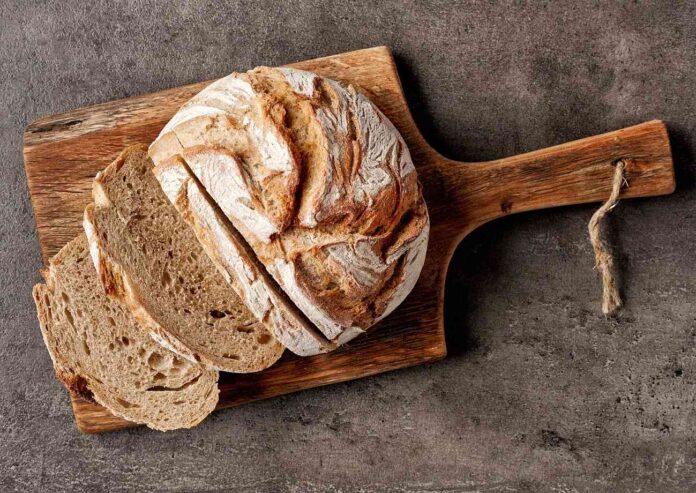Diabetes is a disease that is affecting more and more people in our country. It is estimated that 5.3 million individuals suffer from this condition, which underscores the importance of proper diabetes education and an adequate diet to prevent complications. In particular, it is crucial to pay attention to carbohydrate intake and, specifically, to the consumption of bread. Studies have shown that whole-grain bread can help regulate the glycemic index, promoting better control of diabetes.
The bread is known for providing slow-digesting carbohydrates, essential for maintaining a stable glycemic index. Health experts recommend a balanced and healthy diet that includes whole grain bread for patients with diabetes. The scientific evidence supports including a greater proportion of carbohydrates from whole-grain cereals, as their consumption is associated with a lower risk of developing chronic diseases.
According to a recent study from the Complutense University of Madrid on dietary habits, 37.1% of the population already recognizes the benefits of bread and whole grains for the well-being of people with diabetes. This awareness is an important step in the fight against this growing public health problem.
Whole-grain bread has a lower glycemic index than varieties made with white flour, which means that its consumption does not cause elevated spikes in blood glucose levels and, therefore, reduces the demand for insulin. Additionally, the fiber present in whole grain bread promotes insulin secretion, helping to regulate the amount of sugar in the blood and reducing the risk of developing type 2 diabetes. According to the Spanish Society of Endocrinology and Nutrition (SEEN), the daily intake of 45 grams of foods made with whole-grain flours may contribute to reducing the likelihood of developing this disease and also reduces the risk of colon cancer.
With the aim of increasing visibility and the importance of these measures, November 14 will commemorate World Diabetes Day under the theme "Women and Diabetes." The Foundation for Diabetes and the Diabetes Association of Madrid organize, around this day, the 6th Diabetes Run and Walk and Diabetes Expo, scheduled for November 19 at Madrid's Parque del Oeste.
This edition aims to raise awareness about the high number of people with diabetes in Spain, especially among older women. Almost 30% of Spanish women aged 61 to 75 suffer from this disease, and the percentage rises to 41.3% among women over 75.
For the first time, the Pan Cada Día initiative will participate in this event, which expects to bring together about 4,000 participants. With its presence, the aim is to emphasize the importance of bread and cereals in a balanced diet for people with diabetes. Registrations for this charity sporting event can be made through the website www.mueveteporladiabetes.org and at the sports floor of El Corte Inglés in Nuevos Ministerios.



